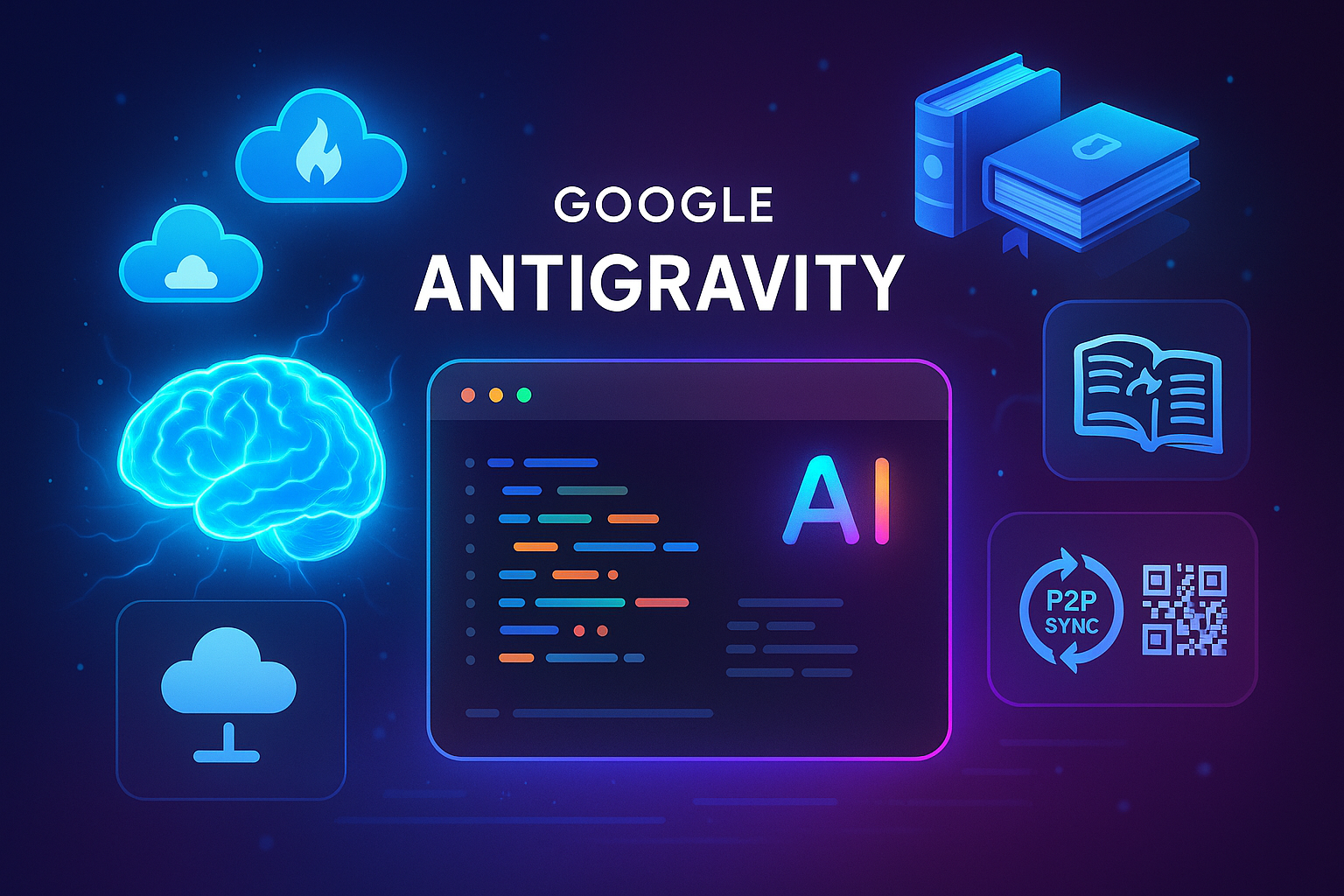
To date, I’ve found tools like Vibe Coding to be excellent for rapid prototyping. Their ability to generate functional outputs with minimal input makes them highly effective for early-stage experimentation. However, when it comes to maintaining large-scale projects or addressing complex edge cases, these tools often fall short.
As I often remind engineers:
"The first 90% of development will take 90% of your time. The last 10%? That will also take 90% of your time."
Why? Because handling marginal cases is one of the most challenging and time-consuming aspects of software development. AI tools frequently struggle to address these nuanced scenarios, especially when the underlying requirements are ill-defined or ambiguous. These are precisely the moments where human ingenuity and adaptability shine, stepping in to solve problems that resist formalization.
With this perspective in mind, I decided to test the capabilities of modern AI tools by creating something entirely new—a small interactive game. The goal was twofold:
In 《Mind Control Simulator》, you step into the role of the "Mind Controller," influencing the emotions of the protagonist, Ethan, to shape his decisions and ultimately determine his fate.
Key Features:
The idea was to create an experience where players could explore how emotions influence decisions and impact life trajectories—all within an interactive storytelling framework.
The game was built entirely using the Poe App Creator in just one hour. Most of the time was spent waiting for the AI to generate code autonomously. While the process was efficient, it also highlighted the current limitations of AI tools. The AI could handle the bulk of the coding, but fine-tuning the mechanics and resolving nuanced issues still required manual oversight.
Why a Minigame?
The choice to create a minigame was intentional. For an AI experiment, trying something novel and relatively small-scale offers a manageable yet meaningful way to evaluate the tool’s capabilities. Plus, it’s fun!
While AI tools like Vibe Coding and Poe App Creator are promising, they are not yet at a level where they can fully support the development and maintenance of large-scale projects. Their strength lies in rapid prototyping and experimentation, where speed and creativity take precedence over robustness and scalability.
However, as AI evolves, we may eventually see tools capable of addressing even the most intricate edge cases. Until then, human insight remains irreplaceable in navigating complexity and ambiguity.
If you’ve experimented with AI tools like Poe App Creator, I’d love to hear your thoughts! What opportunities or limitations have you encountered? Let’s exchange insights and push the boundaries of what these tools can achieve.
Additionally, if you’d like to try 《Mind Control Simulator》, check the comments for the link. I welcome your feedback—whether it’s about gameplay experiences, bugs, or suggestions for improvement. Your input will help refine the project and guide future experiments.
Together, let’s explore the exciting intersection of AI and creativity. The future is full of possibilities!
Remarks:
The original contents was created at threads:
Refined and polished, this longer blog post was completed on May 1, 2025

A deep dive into Antigravity, Google’s cutting-edge AI tool, tested through two experiments: creating a Firebase CMS and a serverless P2P data sync Bible journal app. The article examines its strengths, limitations, and impact on modern software development.
READ EXPERIMENT
In the ever-evolving landscape of AI research and development, we’re continually seeking tools and methodologies that not only streamline processes but also amplify creativity. Today, I’d like to share some thoughts on the potentials and limitations of AI development tools, specifically through my recent experiment: creating a minigame called 《Mind Control Simulator》 using the Poe App Creator.
READ EXPERIMENT
In the age of rapidly advancing artificial intelligence, Manus AI stands out as a groundbreaking system, redefining how research and data analysis are conducted. Recently, we tested Manus AI's potential with two experiments: one analyzing the economic impact of tariffs on Hong Kong and another examining a significant market shift in the Hang Seng Index. These experiments showcased how an AI Assistant look like
READ EXPERIMENT